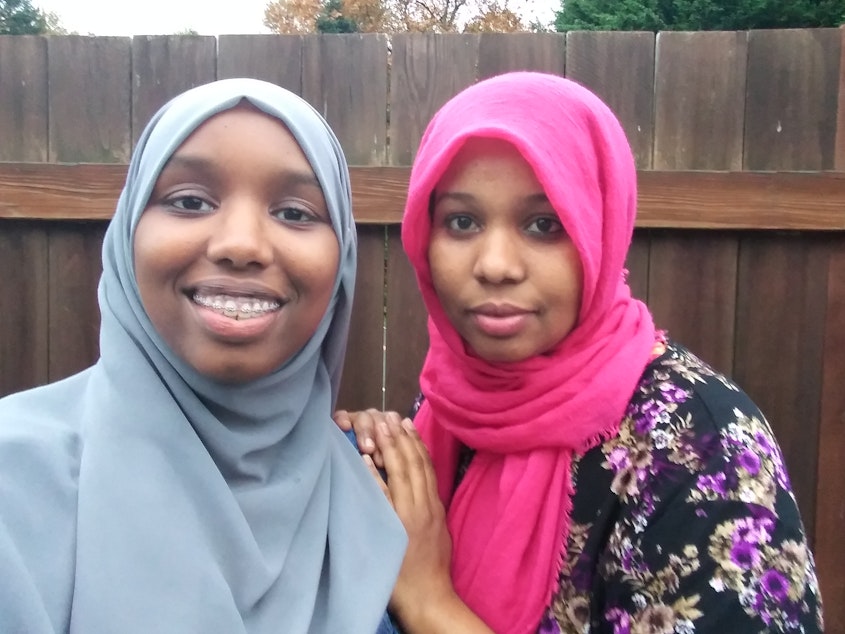The barrier between us is breaking: How politics brought my mom and me closer

Growing up in America, I struggled to connect with my mom, Mulki.
We were divided by a language barrier and cultural differences. She only listens to Somali music — which I can't stand — while she struggles to understand my love for alternative music and rap.
But these differences started dissolving when Ilhan Omar, the first Somali American congresswoman, was elected in 2018.
When I read that Ilhan Omar had been elected to the House of Representatives, tears welled up in my eyes.
It took my mom two weeks to get used to the fact that someone like her was elected to Congress.
“She gives us a lot of hope,” my mom said. “She shows that we can be anything we want to be.”
My mom was born and raised in Somalia, whereas I was born in the United States. We saw different parts of our identities reflected in Representative Omar.
Sponsored
I saw a woman raising her voice to bring change to the United States, and I knew that I could do that, too.
Before Rep. Omar was elected, my mom believed that education was for other people, not for her.
Seeing Rep. Omar succeed changed her mindset. She’s now pursuing a degree in early childhood education.
“Older people have this mindset,” my mom said. “They think woman can do nothing. I believe we can do a lot of things, and we can change [the] Somali government and how they rule. I think women can do more.”
Sponsored
Slowly, my mom and I started talking about politics. I would walk into the kitchen while my mom cooked and bring up issues. We discovered that we share the same views on women’s rights and climate change.
Our conversation gradually got more personal. My mom shared more of her experience from the refugee camp, Kakumo. It turned out to be the same refugee camp that Rep. Omar lived in before migrating to the United States.
“I remember it was so horrible when the war happened,” my mom told me. “We didn’t have nothing to eat."
"My oldest brother — he was so smart — and he started to look for some food. He couldn’t find nothing. He said, What if I mix water with salt? I don’t know how he came up with that idea. Come sisters, drink. This will make you full until mom comes home.”
I used to feel sad listening to my mom’s refugee stories. But now, I’m glad to have a better understanding of who she is.
Sponsored
It’s surprising that politics was the thing that brought my mom and me closer. We’re able to be more of ourselves, showcasing both our American and Somali sides.
As for her music, I still cringe ...
This story was created in KUOW's RadioActive Intro to Journalism Workshop for 15- to 18-year-olds, with production support from Kyle Norris. Edited by Liz Jones.
Find RadioActive on Facebook, Twitter and Instagram, and on the RadioActive podcast.



